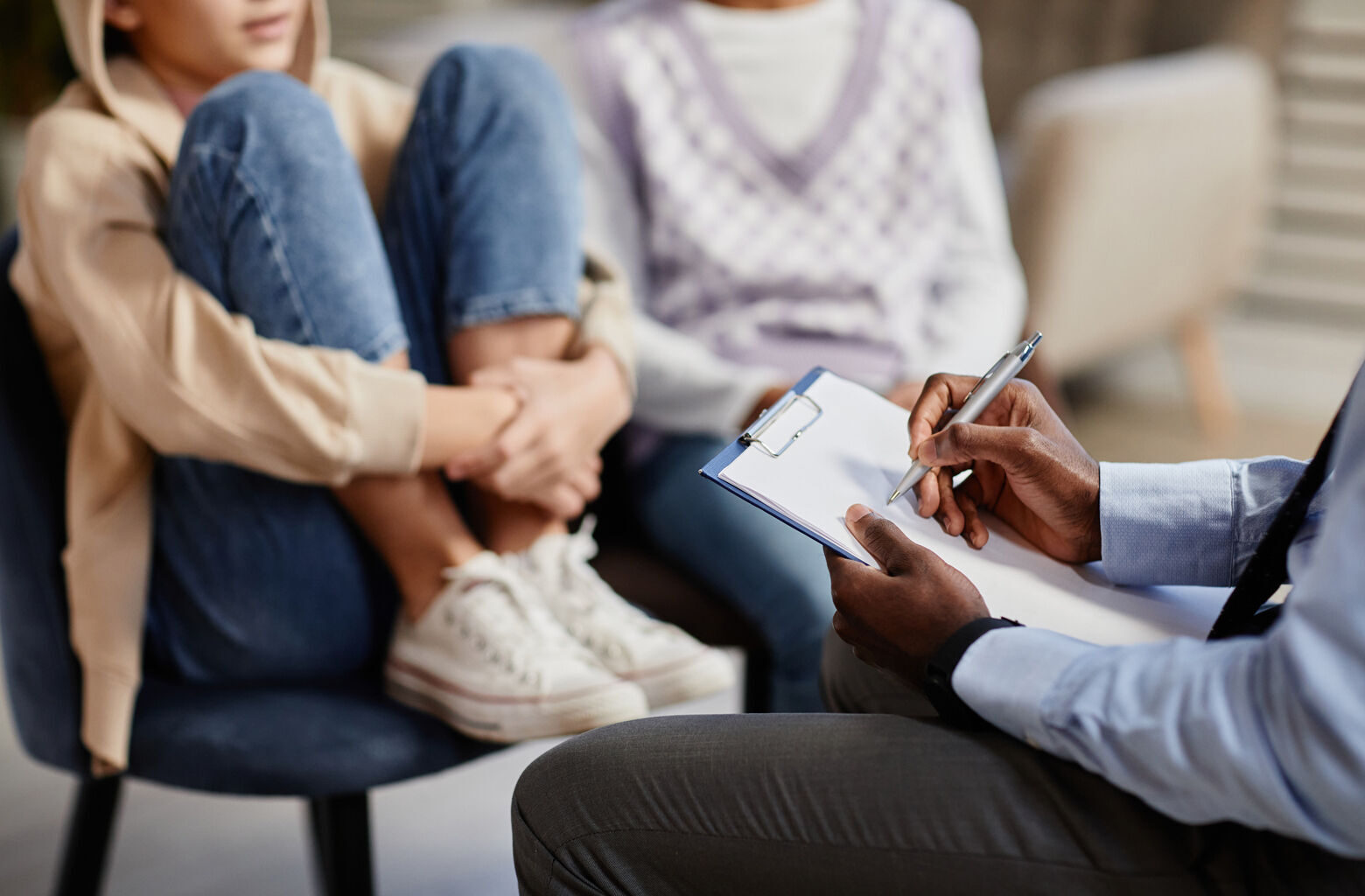A program in Prince George’s County, Maryland, provides mental health services to those already facing big intellectual challenges.
Anjolene Smack-Whaley’s son can struggle to control his anger and his emotions, which is understandable since the 24-year-old is on the autism spectrum.
This page contains a video which is being blocked by your ad blocker.
In order to view the video you must disable your ad blocker.
Unique program provides mental health services to those who can’t express themselves well
But it’s not any less difficult for her to have to deal with.
“He would make a facial expression. He would talk really loud,” she said. “He would also threaten, ‘I’m going to do this. I’m going to do that.’ He’ll run outside… running down the street.”
He also works, which means dealing with people who might have different personalities, which sometimes don’t always help situations.
“When he has problems, especially with dealing with people, especially with the job, it was stressing me out,” said Smack-Whaley, who lives in Bowie.
But about a year ago, she started getting her son mental health treatment as part of what’s known as Project LIVE (Living with Intention, Vision and Empowerment) through The ARC of Prince George’s County.
“If I didn’t have it? Ooh, I don’t know. I don’t know,” she said. “I just can’t imagine. It’s just been such a blessing to me and my family with him in this program, because I see a difference in him.”
Sometimes the mental health challenge might just be anger or frustration, but the loss of a parent or other traumatic experiences can cause the same sorts of mental health challenges that anyone else might deal with when things upend our lives.
Project LIVE helps with extra challenges
For most people, an unwillingness to express their feelings isn’t the same as being unable to. For those in Project LIVE, that inability is an extra challenge that needs to be addressed.
“We found that three and five youth and young adults with intellectual and developmental disabilities have a co-occurring mental health condition,” said Dreu Lindsay, the project coordinator with The ARC of Prince George’s County. “Youth and young adults between this age group are not comfortable with going to a therapist or there’s barriers or stigma related to it.”
The program aims to bridge all of those gaps, or plow through those barriers.
“There’s this idea that when you have an intellectual and/or developmental disability, a lot of the behaviors that present are related to that disability and not that the behavior could be a presentation of something else going on, like depression or being suicidal or isolation,” said Lindsay.
“Sometimes they’re not able to express it, which is part of what leads to the misunderstanding, because they’re not able to say, ‘I’m feeling this way,’” she added.
But even when correctly diagnosed, the treatment that’s offered will often have to have a different approach. And finding someone willing to provide it can be a challenge too.
“A lot of mental health therapists would not are not so comfortable or feel knowledgeable supporting people with intellectual and developmental disabilities, because they cannot approach it in the same way as someone who is neurotypical,” Lindsay said. “So the approach to treating them or even building rapport may take a lot longer for them to even get comfortable and open up.
“When we first started out, we would do kind of more of an office setting. They (the patient) would come in and have therapy in an office setting, but our therapist quickly learned that they’re not comfortable coming to the office, so what she does is meet them in the community,” Lindsay said.
“So therapy looks like walking around the track. It may be going to a local park and sitting at a bench like anywhere that’s comfortable for the student. It’s really more meeting them where they are, getting them comfortable in their element.”
The training and approach is unique
Most of the young adults they work with, who are between 16 and 25 years old, have autism, though sometimes it might be someone with Down syndrome or another disability.
The grant that helps fund Project LIVE also helps provide training to other therapists willing to lighten the load carried by the therapist working with The Arc. Nationwide, there are very few programs similar to what Project LIVE does.
“They can participate in talk therapy,” Lindsay said. “We are seeing differences made. We have families coming to us thanking us for our services.”
That includes Smack-Whaley, who said her son looks forward to his therapy sessions, which are done virtually at her house.
“He looks forward to when she schedules appointments. He makes sure he gets on for his appointments,” she said.
“It makes me feel good. It really does,” she said, adding it’s now one less thing she has to worry about while parenting a special needs child. “Because now I don’t have to worry about him. He’s learning how to deal with people and and their personalities, because he has these coping skills.”
Get breaking news and daily headlines delivered to your email inbox by signing up here.
© 2025 WTOP. All Rights Reserved. This website is not intended for users located within the European Economic Area.
